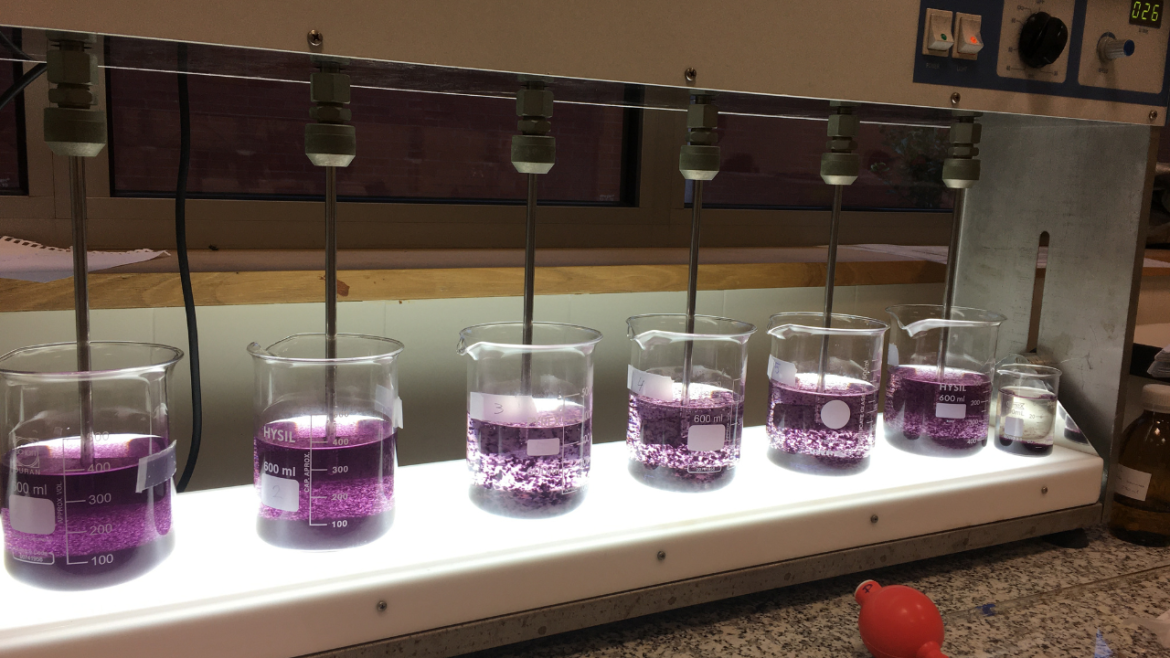Pure water is needed in the industry and municipal water supply. Water treatment activities around the globe are still faced with high turbidity, dangerous pathogens, and heavy metals. A good coagulant should be able to handle different water chemicals and also purify the water safely and effectively. One such solution is polyaluminium chloride, which is a high-performance coagulant that has also become widespread in clean water treatment.
PAC Coagulation Power and the Chemistry
Polyaluminium chloride has a high charge density polymeric aluminum structure. This arrangement enables it to destabilize suspended particles more effectively than conventional coagulants. It acts by neutralizing charge and agglomerating particles, and entraps fine contaminants in large flocs. These flocs are settled quickly, and they can be easily removed by sedimentation or filtration. PAC produces less acidic byproducts than alum and is more efficient at low dosages. This makes it suitable for consumption as drinking water and also as industrial effluent.
High Sedimentation and Flocculation Performance
PAC makes fast-acting, strong flocs which enhance a high rate of sedimentation. The rapid bonding between particles is facilitated by its molecular structure. This causes bigger, denser flocs that settle effectively in clarification systems. It minimizes the downstream cost of waste management by reducing sludge generation and enhancing dewatering capacity. PAC is a more effective treatment method than conventional alum and ferric salts in high-turbidity raw water systems, e.g., rivers and surface water. Such performance advantages render it a perfect selection in municipal plants as well as industrial pre-treatment units.
Broad pH Compatibility and Stability
It is the pretty broad pH compatibility (usually 4.0 to 10.0) that makes PAC one of the greatest strengths. It is successful in acidic, neutral, or weakly alkaline waters and requires minimal pH adjustment. This ensures that it will have consistent performance on various water sources, including urban surface waters and industrial effluents. It is also superior in colder weather, where alum-based coagulants have lower efficacy. It is stable, and thus PAC may be applied in year-round treatment, even in diverse environments.
Decreased Secondary Contaminants and Residues
PAC deposits have less residual aluminum and insoluble substances than traditional alum. This renders it safer to treat drinking water and diminishes the health risks of aluminum exposure. It also reduces chemical carryover to the downstream processes, such as filtration and disinfection. Conversely, alum tends to add sludge volume and deposit more insoluble materials in the treated water. The cleaner profile of PAC limits the requirements after treatment, leading to the overall improvement of safety and quality of water destined for human and environmental purposes.
Flexibility in Various Water Treatment Applications
PAC is very flexible and operates in various treatment settings. It is used to clean up drinking water in municipal water treatment plants and control surface water intakes. In the textile, paper, and electronic industries, industrial plants use PAC to eliminate heavy metals, oils, and suspended solids. Swimming pools are also going to benefit because PAC is fast in clearing up cloudy water without being harsh on the skin and eyes. It also does not conflict with chlorination, UV disinfection, and filtration systems. PAC performs consistently in both continuous flow systems and in batch treatment processes.
Likun Materials Compliance, Safety, and Quality Assurance
In Likun Materials, we control the quality of every batch of PAC in lab tests. Indicators like Al 2 O 3 content, moisture level, and solubility are checked with advanced instruments. Testing procedures are all compliant with ISO and SGS standards, and hence they are universally accepted. All the production processes, including the raw materials supply and the final packaging, are under high control. The outcome is an export-compliant product that can be used in stressful applications with reliable performance.
Likun also has a warehouse capacity of more than 5,000 tons and can provide quick and flexible supply to more than 60 countries. Goods are palletized, wrapped in plastic, and marked to ensure safe global transportation. Customized packaging and utilization of the private labels support the OEM distributors and regional brands. Such a commitment to logistics, documentation, and tracking will improve customer confidence.
Conclusion
Polyaluminium chloride possesses superior coagulation characteristics, broad pH tolerance, and negligible residuals. It is always superior to traditional coagulants such as alum in both city and industrial water. It is favored in the industry because it reduces sludge, operates in cold conditions, and provides safety in the drinking water.
Likun Materials provides international standard PAC solutions with responsive services and a steady supply. Whether it is a municipal plant, textile mill, or recreation facilities, PAC has been the coagulant of preference. Performance, compliance, and peace of mind in every drop: use Likun high-purity PAC for your performance and peace of mind.
